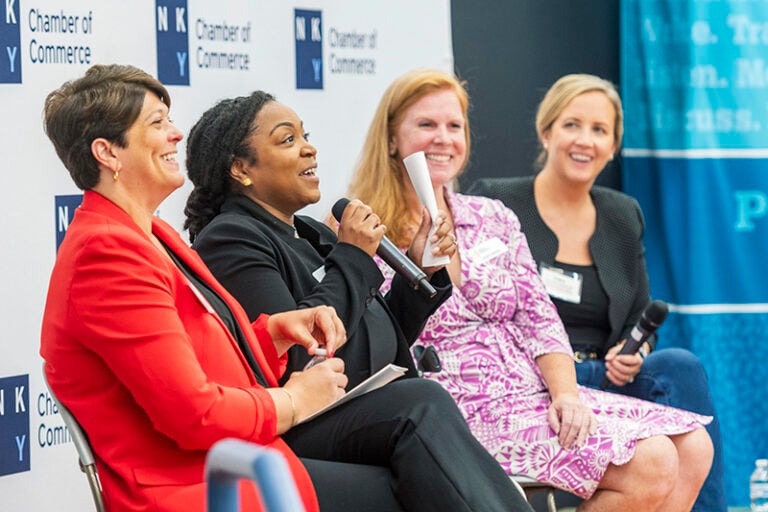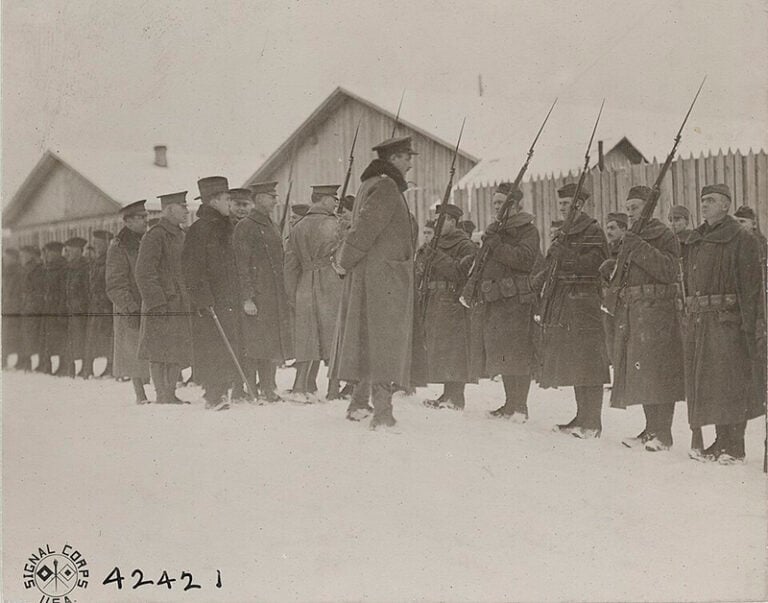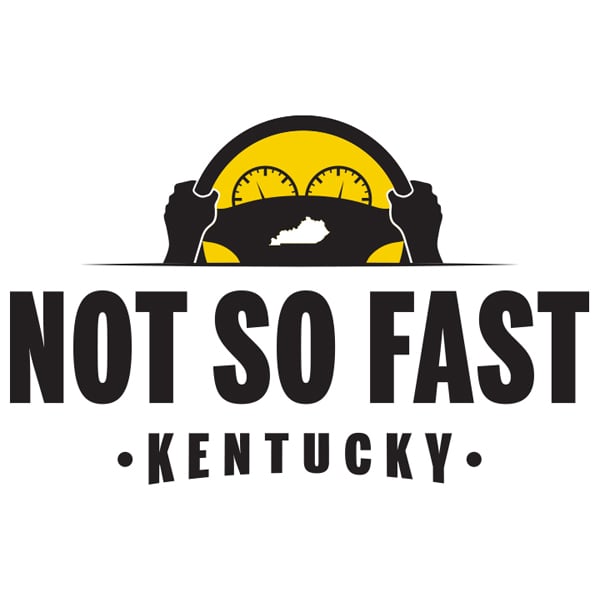By Bari Lewis
Special to NKyTribune
Dozens of specialty license plates are available in Kentucky, and many of them raise both awareness and money for causes close to our hearts.
I’m asking you to support a license plate that will help end Alzheimer’s disease.
For many people, Alzheimer’s is the disease the affects old people and makes them forget things. I admit, I’ve often joked that my increasing forgetfulness as I move closer to my 50’s is just a sign of my age.
But we know better. Dementia is not associated with normal aging. It’s a medical problem that needs attention. The problem may be related to a drug interaction or some other factor that your doctor can resolve.
Or it may be the beginning of Alzheimer’s.
Broader awareness of the changes that Alzheimer’s creates in the brains and the behavior of its victims is essential to raising the funds that can help lead to a cure; but wider understanding of the disease is also critical to improving the quality of life for those who live with it.
For individuals with Alzheimer’s, the plaques and tangles growing inside their heads not only disrupt critical synaptic connections; they also sever ties with family and friends. Like the disease itself, the loss is both gradual and irreparable. No patient and no relationship survives this disease.
When a mom or colleague or neighbor repeats the same story over and over, can’t seem to find the right word for the umpteenth time in a single conversation, or has no recollection of an important detail shared just moments before, it’s easy for family, friends, coworkers and acquaintances to become frustrated. It’s so tempting to say something like, “Try harder!” or, “You know this!”
That kind of response is hard to take when you’re already feeling vulnerable because, yesterday, you forgot your child’s name or you wet your pants because you couldn’t find the bathroom in your own home. Anger is a natural response. So is withdrawal.
Alzheimer’s is not just forgetting where you put your keys. It’s forgetting how to drive. It’s not just losing your phone. It’s losing your entire identity. It’s not just forgetting your child’s name. It’s not remembering that you had a child in the first place.
An Alzheimer’s patient’s losses are coupled with one fact that is crystal clear: the knowledge that, if they live long enough, they’ll be rewarded by forgetting how to read, feed themselves, speak, or swallow their food.
In the book and movie, Still Alice, 50-year-old Alice Howland, diagnosed with early onset Alzheimer’s disease, initially employs a number of coping behaviors. She pretends to follow a conversation by watching participants and mimicking their chuckles and frowns. She destroys a dozen eggs so she doesn’t have to admit she has forgotten a cherished family recipe she’s been making from memory since childhood.
But, as the disease progresses, so does her understanding of when to use one of her illusions. She can no longer remember what she can no longer remember.
So much sadness surrounds this disease of Alzheimer’s right now because there’s no cure. There’s not even a treatment that slows its progression through the brain. Every patient who has Alzheimer’s will die with Alzheimer’s.
Greater awareness can change that. It can raise our understanding of what Alzheimer’s patients are enduring, and it can raise the serious money it will to take to find a cure. Greater awareness can:
• Help us interact better with those who have Alzheimer’s disease, and learn the importance of creating and celebrating the moments of joy that bring comfort all around;
• Fund support groups for caregivers and family members, as well as for persons living with the disease, so they can feel normal, accepted and safe; and
• Ensure that, as with other diseases that have become much less deadly or completely eradicated, we will find a cure within the next decade.
So, what good can the End Alzheimer’s license plate do? It can change the future for the 70,000 Kentuckians who have the disease, for the families and loved ones who take care of them, and for the rest of us who help pay for the most expensive disease in America. It can truly make a difference.
The Alzheimer’s Association of Greater Kentucky and Southern Indiana needs about 400 more completed license plate applications for the End Alzheimer’s license plate to become a reality late this summer. Click here to sign up today. The $25 fee is credited against the fee to obtain or renew your vehicle plate.
Bari Lewis is the director of Community Outreach for the Alzheimer’s Association of Greater Kentucky and Southern Indiana.


















